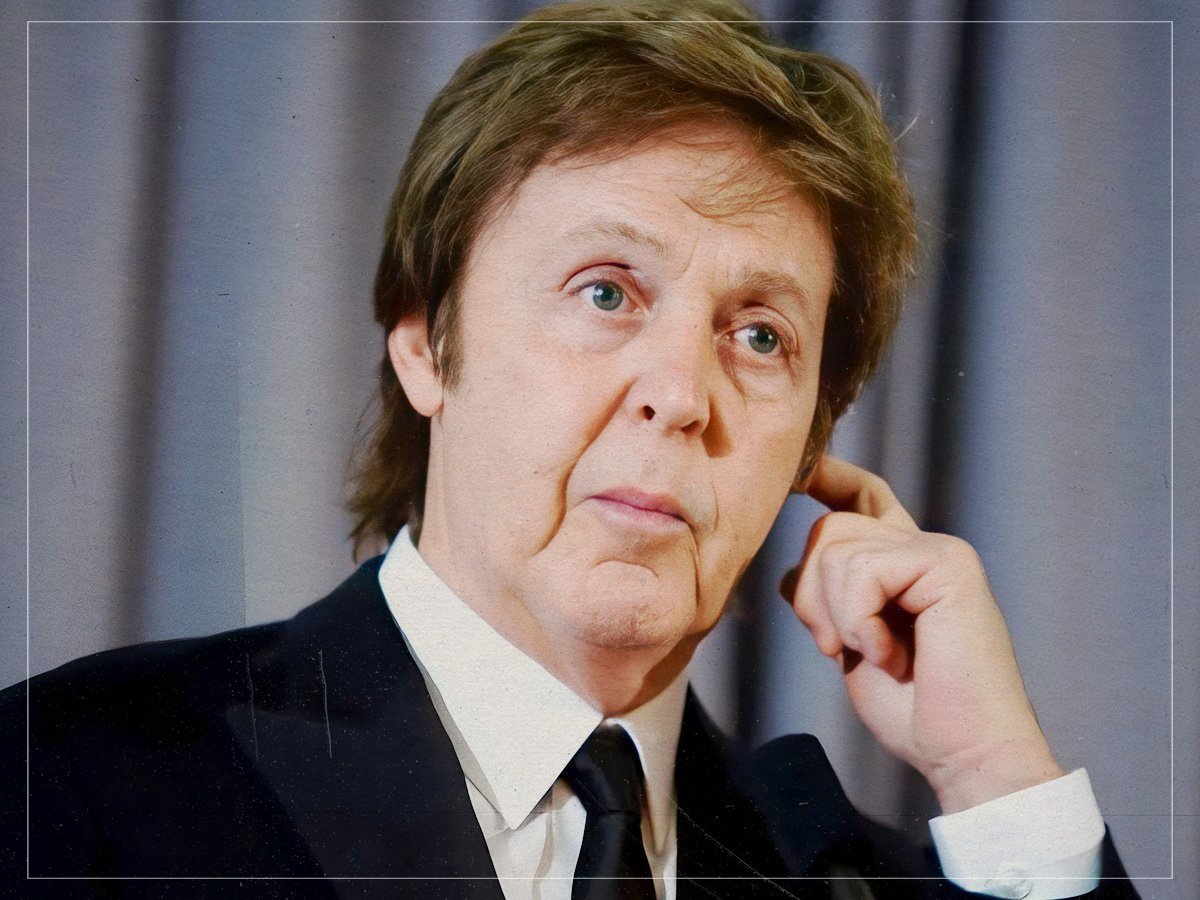How Music Changed the World: From George Harrison’s Bangladesh Concert to Queen at Live Aid
Music has always had the power to bring people together, but there are a few moments in history where it didn’t just entertain — it truly changed the world. Two of the biggest examples are George Harrison’s Concert for Bangladesh in 1971 and Queen’s legendary performance at Live Aid in 1985. Both events showed how powerful music can be when artists use their talent to help others.
Queen at Live Aid: A Performance for the Ages
When Queen walked onto the Live Aid stage in 1985, the world had no idea they were about to witness one of the greatest live performances ever. Freddie Mercury stood confidently in front of a massive crowd, and in just about 20 minutes, he completely stole the show. Queen played hit after hit, and the audience responded with overwhelming excitement — clapping in unison, singing along, and feeding off Mercury’s unmatched energy.
Live Aid itself was a huge global event created to raise money for famine relief in Ethiopia. Because it was broadcast live around the world, millions of people got to watch these performances as they happened. That global reach helped make Queen’s set not only unforgettable but also incredibly important. It proved how powerful music could be when artists come together for a good cause.
Before Live Aid: George Harrison Sets the Standard
But long before Live Aid, one man helped start the idea of using rock music for charity: George Harrison. In 1971, he organized The Concert for Bangladesh at Madison Square Garden. It was created to support refugees affected by the Bangladesh Liberation War and a devastating cyclone. Harrison didn’t do it alone — he brought together some of the biggest names in music, including Ravi Shankar, Bob Dylan, Ringo Starr, Eric Clapton, Billy Preston, and Leon Russell.
Unlike Live Aid, the Bangladesh concert wasn’t broadcast worldwide. The magic mostly belonged to the people who were there in person. But the impact was massive. The show raised hundreds of thousands of dollars that day, and later, the film and album raised millions more. It was a groundbreaking moment — the first major benefit concert of its kind.
Tom Petty, one of Harrison’s close friends, later described him as someone who “led by example.” Harrison didn’t preach. He simply acted. Petty believed Harrison invented the idea of rock stars giving back, and many people agree. Without Harrison’s example, events like Live Aid might never have happened.
A Legacy of Giving Through Music
The Concert for Bangladesh was not only meaningful for the world — it was important for Harrison personally. After years away from performing live, it helped him rediscover his love for being on stage. It also marked the beginning of a new chapter in his career, where giving back became one of his trademarks, whether alone or as part of The Traveling Wilburys.
By the time Live Aid happened in 1985, Harrison’s influence was already woven into the fabric of musical philanthropy. Queen’s legendary performance added another unforgettable chapter, proving once again that music can inspire, unite, and help people in real, powerful ways.
In the end, both events showed the world that rock and roll isn’t just entertainment — it can be a force for good. Through passion, talent, and compassion, artists have the ability to make a difference, and these concerts are proof of that lasting impact.

